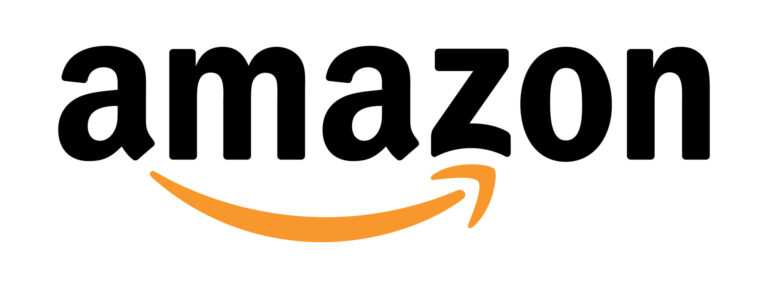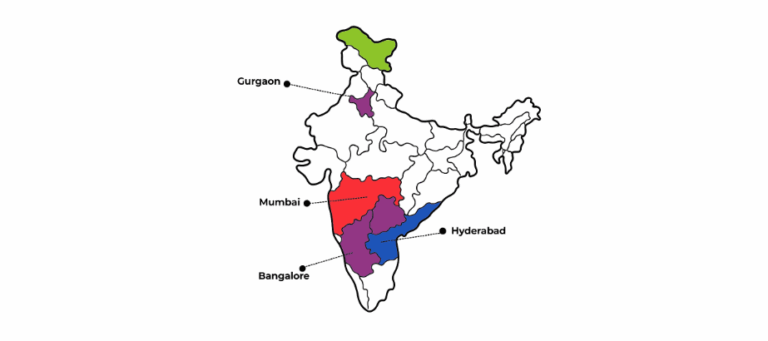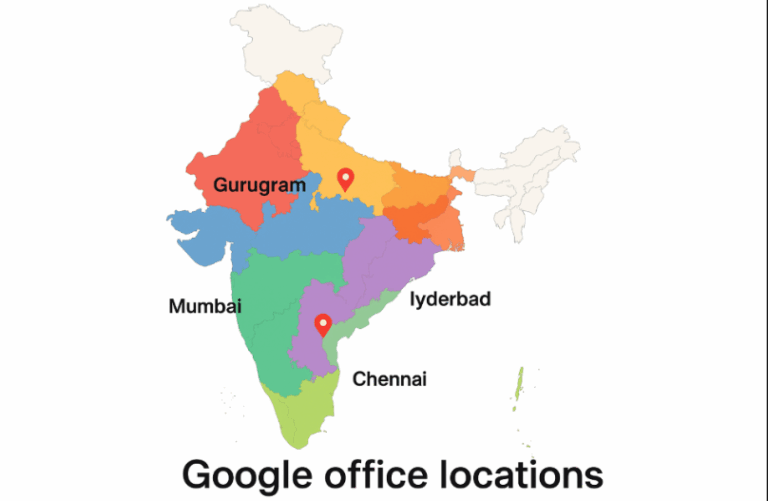
Local SEO Miami: Engage, Rank, and Turn Clicks Into Clients Fast
When someone looks you up online, you have just 30 seconds to make an impression.

When someone looks you up online, you have just 30 seconds to make an impression.

Amazon has significantly expanded its presence in India, establishing cutting-edge offices in major cities such

Meta Platforms, Inc. — the parent company of Facebook, Instagram, and WhatsApp — has expanded

Google Offices in India -Google has established a strong and growing presence in India with

Claim your free business listing on Google and attract more customers. A Google My Business

Top Business Ideas with High Returns in 2024 As the business landscape continues to evolve,

Personal Branding for Doctors vs. Practo For Doctors In the realm of modern healthcare, doctors

ChatGPT is Reshaping E-Commerce Experiences in 2024 In the dynamic landscape of e-commerce, staying ahead

Revolutionizing Small Business Marketing with ChatGPT ChatGPT, a transformative tool that can elevate your marketing

Creating Engaging Small Business Websites with ChatGPT Small business websites play a pivotal role in